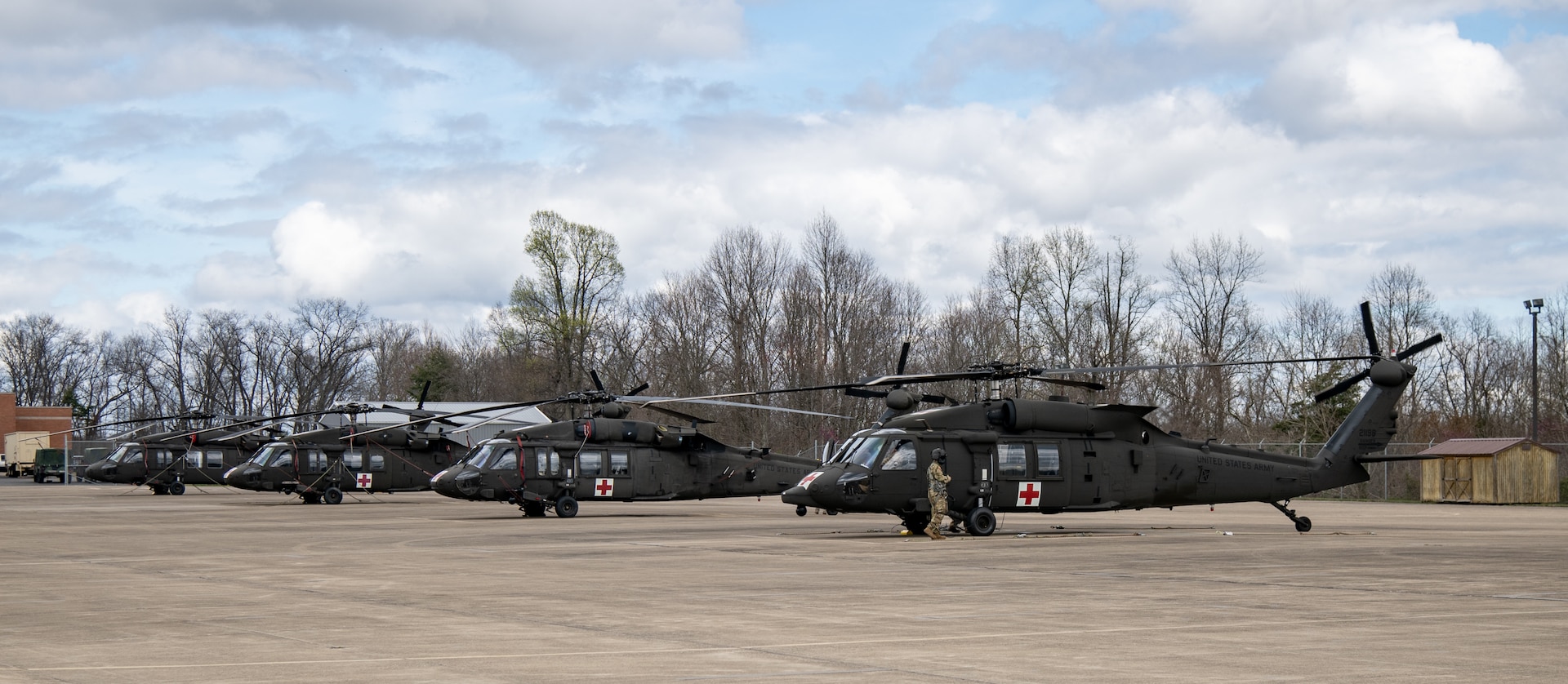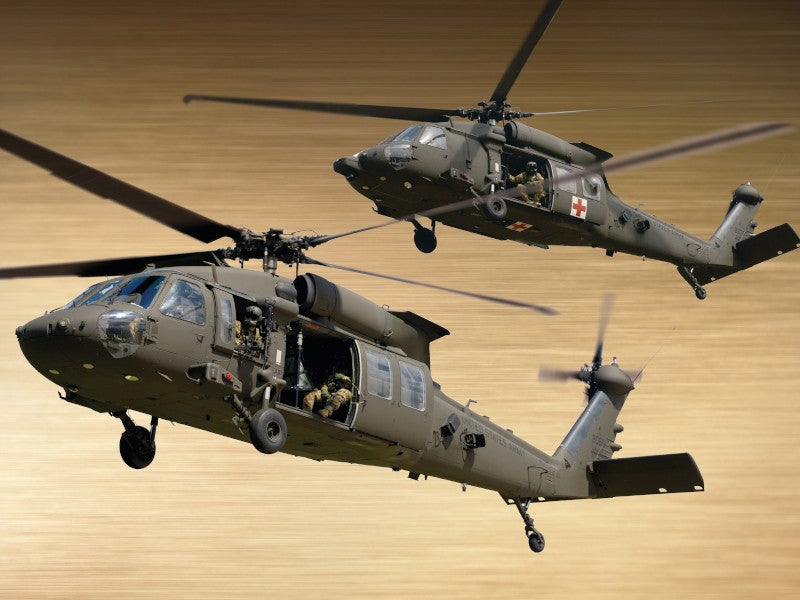Upkeep and Upkeep for UH 60 Helicopters
Upkeep and Upkeep for UH 60 Helicopters
Blog Article
The Effect of Sustainable Practices on the Future of Aircraft Operations and Emissions Reduction
As the air travel sector faces boosting analysis over its ecological effect, the adoption of lasting techniques emerges as an important path towards future aircraft procedures and emissions decrease. Advancements in sustainable aviation gas and advancements in crossbreed propulsion technologies stand at the forefront of this makeover, promising significant decreases in greenhouse gas exhausts.

Review of Lasting Practices
Lasting methods in aircraft operations incorporate an array of strategies focused on decreasing ecological impact while preserving functional efficiency. These practices are vital in the air travel market's dedication to reducing its carbon impact and sticking to international ecological standards. Secret campaigns consist of maximizing flight courses to reduce gas intake, improving maintenance methods to ensure aircraft operate at peak performance, and applying advanced innovations such as winglets and light-weight materials that boost aerodynamics.

Engaging and training team on sustainability practices additionally play a vital function, promoting a culture of environmental duty within organizations. Overall, the integration of these sustainable methods not just helps in reducing discharges but likewise enhances the long-term feasibility of the aviation industry, ensuring it satisfies the needs of both customers and regulative bodies while adding to international sustainability objectives.
Ingenious Gas Alternatives
Many ingenious gas alternatives are becoming pivotal services to minimize the aeronautics sector's reliance on standard fossil gas. Among these choices, Sustainable Aviation Fuels (SAFs) have acquired significant interest because of their possible to lower lifecycle greenhouse gas exhausts by approximately 80% compared to conventional jet fuels. SAFs are stemmed from various feedstocks, including waste oils, agricultural residues, and even algae, making them a flexible option for the market.
An additional encouraging alternative is hydrogen gas, which, when made use of in fuel cells, produces just water vapor as a by-product. In addition, electric propulsion systems are being discovered, leveraging battery technology to power aircraft.
Lastly, biofuels originated from biomass are being investigated, supplying a renewable alternative that can be mixed with traditional gas. Collectively, these innovative gas choices stand for a crucial step towards attaining a lasting aeronautics environment, lining up with worldwide emissions reduction targets and improving the sector's ecological stewardship.
Technical Advancements in Aviation

Exactly how can technological innovations improve the future of aeronautics? Technologies such as electrical and hybrid propulsion systems are at the leading edge, helpful hints encouraging significant decreases in gas consumption and greenhouse gas discharges.
Additionally, the execution of innovative products, such as light-weight composites, adds to boosted aerodynamics and gas effectiveness. The usage of expert system and artificial intelligence in trip operations optimizes route planning and minimizes gas shed by making it possible for real-time modifications based on weather and web traffic problems. Additionally, the growth of autonomous and remotely piloted aircraft systems stands to change freight and traveler transportation, possibly increasing efficiency while lessening human error.
Additionally, sustainable aviation technologies, including innovative air web traffic administration systems, can simplify procedures and reduce congestion, resulting in lower discharges during flight. These advancements jointly stand for a standard change in aeronautics, guaranteeing a future where sustainability and functional efficiency are linked, thus sustaining the industry's commitment to reducing its environmental impact.

Regulative Framework and Compliance
Because of the growing focus try this on environmental stewardship within the air travel market, the governing framework regulating aircraft procedures is developing to advertise lasting practices. Governing bodies, such as the International Civil Aeronautics Company (ICAO) and various national aeronautics authorities, are introducing strict standards targeted at lowering exhausts and enhancing functional effectiveness.
These regulations usually consist of the adoption of Sustainable Air travel Fuel (SAF), which has actually been recognized as a vital part in accomplishing reduced carbon footprints. Conformity with these policies calls for airline companies to implement operational techniques and innovative innovations, such as enhanced flight courses and enhanced air website traffic monitoring, to decrease fuel consumption.
In addition, the enforcement of emissions trading schemes and carbon countering efforts is coming to be increasingly widespread, engaging airlines to keep an eye on and report their exhausts accurately. Non-compliance can lead to substantial penalties, thus pressing drivers to focus on sustainability in their organization versions.
Ultimately, the progressing regulative landscape not just drives technology and investment in eco-friendly innovations but likewise fosters a culture of liability within the aviation market. As these see post frameworks proceed to create, the concentrate on sustainable techniques will certainly be important to achieving the market's lasting environmental objectives.
Future Trends in Airplane Workflow
As the air travel industry adapts to a progressively rigid regulative environment, future fads in aircraft operations are set to concentrate on innovative remedies that better improve sustainability and efficiency - uh 60. Trick growths will likely consist of the adoption of sophisticated air web traffic management systems, which utilize real-time data and synthetic knowledge to optimize flight paths, minimizing fuel consumption and exhausts
One more considerable trend is the boosted integration of sustainable air travel fuels (SAFs) These alternatives to conventional jet fuel, stemmed from eco-friendly resources, can dramatically reduce lifecycle greenhouse gas exhausts. The industry's dedication to SAFs will likely increase as airline companies team up with gas producers to make sure accessibility and cost-effectiveness.
Furthermore, the push towards electrification and hybrid propulsion systems is acquiring momentum. Arising aircraft designs will include these innovations, supplying quieter and extra effective procedures, specifically for short-haul flights.
Verdict
The adoption of sustainable aviation fuels, combined with improvements in electric and hybrid propulsion systems, is important for minimizing lifecycle greenhouse gas emissions. Maximizing trip paths and accepting ingenious technologies contribute to a quieter and extra environmentally pleasant aeronautics industry.
Innovations in sustainable air travel fuels and innovations in crossbreed propulsion technologies stand at the center of this makeover, encouraging considerable reductions in greenhouse gas exhausts.Various ingenious gas alternatives are emerging as critical options to lower the aviation sector's reliance on traditional fossil gas - uh 60. Amongst these choices, Lasting Aeronautics Fuels (SAFs) have obtained considerable attention due to their possible to reduce lifecycle greenhouse gas exhausts by up to 80% contrasted to standard jet gas.An additional considerable trend is the boosted assimilation of sustainable air travel gas (SAFs) The fostering of lasting aeronautics gas, combined with advancements in hybrid and electric propulsion systems, is necessary for decreasing lifecycle greenhouse gas exhausts
Report this page